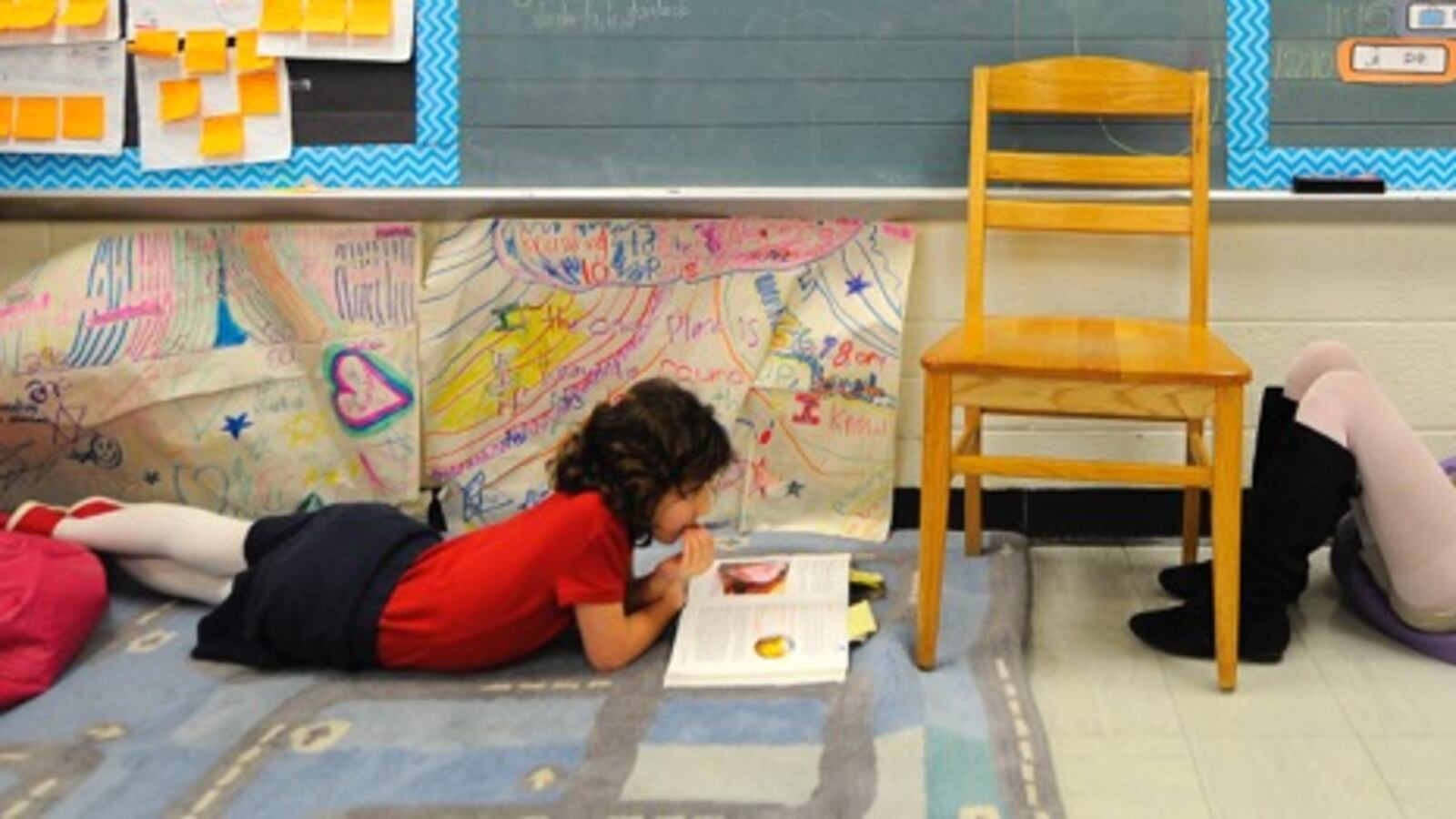When principal Tihesha Guthrie realized how many of her students were struggling with attendance and discipline, she made an unusual choice: She decided increase class sizes.
It might sound counter-intuitive but Guthrie, who runs School 99, a northeast side elementary school, said increasing class sizes by five students per class freed up enough money to hire a student discipline specialist, a math coach and a teacher who specialized in teaching social skills like relationship building and self-control. Guthrie credits those hires, along with the extra 30 minutes she added to the school day, with creating more stability for students and improving attendance.
“Our flexibilities have increased outcomes,” Guthrie said.
Most Indianapolis Public Schools principals would not have been allowed to make the kinds of sweeping changes Guthrie made this year — but that’s about to change.
School 99 was one of just six schools that piloted the district’s new “autonomy” program this year in which principals were given a set amount of cash per student and allowed to spend the money in any way they thought made sense for their school.
Now, that same method is expanding to every traditional school in the district on the theory that principals know what their schools need — not central office administrators.
“Once we give the dollars, it’s really about the use of those dollars,” said Weston Young, the district’s chief financial manager. “We are trying to … talk about the quality of the decision, the quality of the person, the quality of the resource.”
Autonomy is part of a broader shift in IPS that aims to reduce the role of the central office in daily school management and give principals more control over their buildings.
The program is not related to the “innovation” school program in which schools are turned over to private managers who run their schools independent of the district with non-unionized staff members who are are not IPS employees.
Teachers and staff at autonomous schools still work directly for IPS and are part of district unions. The district will continue to pay some expenses like utility bills and the cost of educating students with special needs. But principals will have full control over their main general education budgets.
Guthrie said the change opened up the choices she could make at School 99.
The new staff that autonomy has enabled her to hire, she said, has helped the school put a new focus on positive rewards for good behavior. And the extra 30 minutes have given teachers more time to plan.
Guthrie said the changes are starting to pay off. The number times students were sent the principal’s office for discipline problems fell from 202 in August to 162 in November, she said.
Attendance is also a lot better, according to Guthrie. Last fall, 53 students missed 10 or more days of school. This year, just 9 students have attendance problems that severe.

